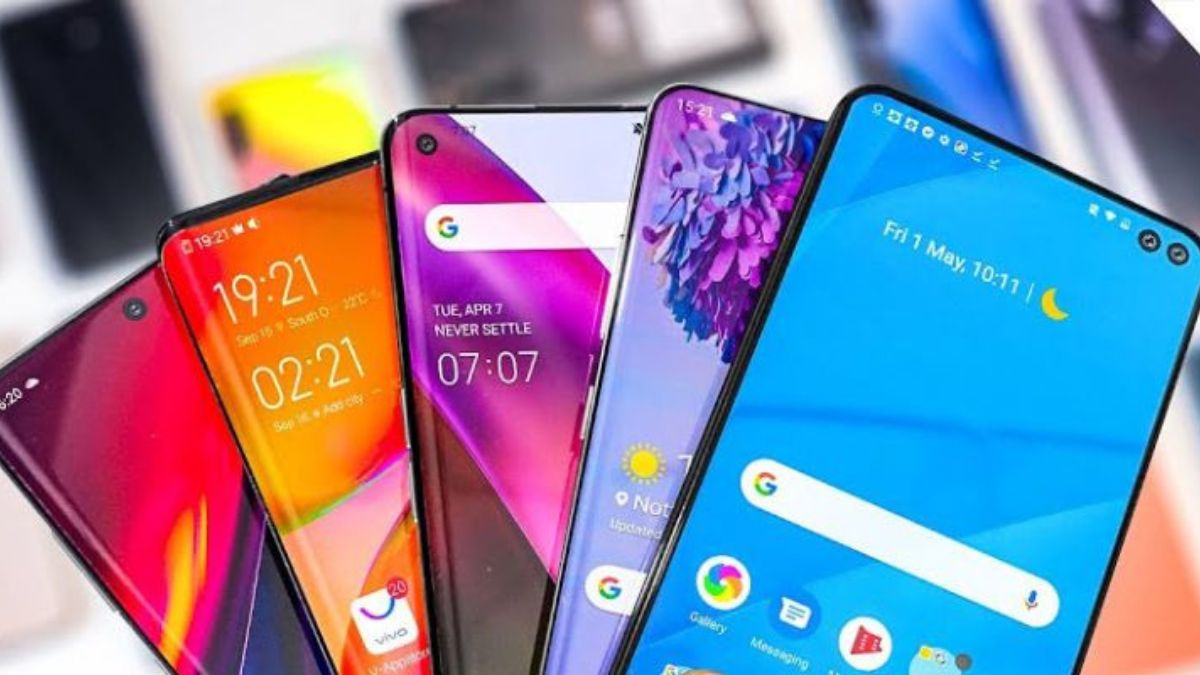Islamabad 31 July: Pakistan Telecommunication Authority (PTA) has reported that over 30 million mobile phones were sold in Pakistan during the fiscal year 2024-25, marking a significant milestone in the country’s telecom sector.
This figure includes both locally assembled and imported devices, reflecting a robust demand for mobile technology despite economic challenges.
According to PTA data, locally assembled mobile phones accounted for 28.28 million units in FY25, a decline of 13% compared to the 32.55 million units sold in FY24. The drop is attributed to a high base effect from the previous year’s exceptional sales, driven by tax amendments and pent-up demand. Additionally, 1.73 million phones were imported in FY25, down 8% from 1.89 million in the prior year, further emphasizing the shift toward local production.
The PTA highlighted that 95% of Pakistan’s mobile phone demand in 2024 was met through local manufacturing and assembly, a significant increase from the five-year average of 67% (2019-2023) and the eight-year average of 47% (2016-2023). This growth is driven by government policies, including higher tariffs on imported phones and incentives for local manufacturers, which have encouraged companies like Infinix, Vivo, and Samsung to establish assembly plants in Pakistan.
Of the locally produced units, approximately 60% were smartphones, reflecting a growing consumer preference for advanced technology. However, 2G feature phones, often referred to as keypad phones, continue to hold a significant market share, particularly in rural areas where affordability remains a key factor. In the first half of 2025 alone, 14.24 million phones were locally assembled, with 7.63 million being 2G devices and the remainder smartphones.
The decline in overall sales, which fell by 10% compared to the five-month average for FY25, has been linked to longer replacement cycles and reduced purchasing power, particularly among rural consumers. The lack of exciting new model launches has also contributed to subdued demand. Despite these challenges, the telecom sector remains a critical driver of Pakistan’s digital economy, with 67% of mobile devices on Pakistani networks now being smartphones.
READ MORE: PTA Warns Public About Fake WhatsApp Messages
Industry experts note that the surge in local production has reduced Pakistan’s reliance on imports, saving foreign exchange and boosting job creation. Companies like Air Link Communication, which assembles brands such as Tecno and Xiaomi, have emerged as key players in this growing market. The PTA’s Device Identification, Registration, and Blocking System (DIRBS) has further supported this trend by curbing smuggling and ensuring standardized legal channels for device imports.
As Pakistan’s telecom market continues to evolve, the PTA remains focused on enhancing connectivity and supporting local manufacturing. With the increasing adoption of 4G and emerging 5G services, the demand for smartphones is expected to grow, potentially driving further investment in the sector. The PTA’s efforts to resolve 97.92% of over 10,000 consumer complaints in May 2025 alone underscore its commitment to improving service quality and consumer trust.









